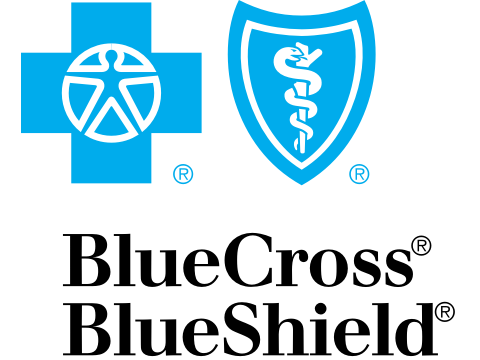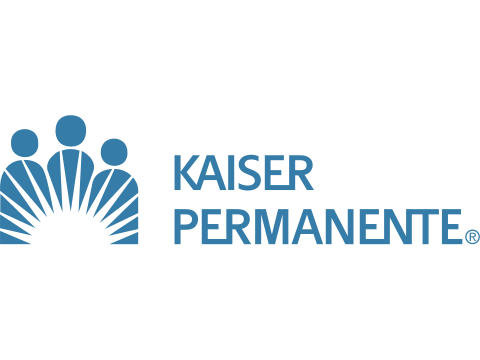
Inpatient Rehabilitation
Inpatient rehabilitation provides around-the-clock clinical and psychological support, allowing a person suffering from addiction to focus on recovery by removing the distractions of day-to-day life.
Learn More
Our inpatient rehabilitation provides around-the-clock clinical and psychological support, allowing a person suffering from addiction to focus on recovery by removing the distractions of day-to-day life.
Our mission is to give each client the tools they need to sustain recovery, while providing a lifelong community and support system.
Often, detox centers serve as an entry point to inpatient rehab. Following the initial detox, an array of treatment modalities are available within the rehabilitation center. There are several factors that determine if a medically-supervised detox is needed. For example:
Inpatient rehabilitation programs typically have a duration of about 28 to 30 days. Residential rehabilitation facilities tend to provide longer programs, usually up to 6 months at a time, but do not offer the medical care typically provided at inpatient facilities. These facilities usually provide aftercare to supplement the completion of a more intensive rehabilitation program.
Because residential rehabilitation focuses on continued recovery and providing skill sets for post-treatment life, these centers have more of a comfortable “home-like” feel to them. They provide a client with a setting that feels most like being out of treatment.
Ideally, a client follows a medical detox with inpatient rehabilitation for up to one month. The intensive programs and resources provide them with the skills needed to get through the upcoming, long-term aspects of recovery. Following inpatient rehab, the client could opt for a residential program to continue to receive support as he or she transitions back to the responsibilities and stressors faced prior to seeking treatment. At Sprout, we believe strongly in the importance of aftercare, which we have found to be an important part of allowing individuals to feel confident and ready to manage everyday life in sobriety.
Inpatient rehab provides the structure, support and medical assistance that clients need during the crucial early phases of recovery. Days are structured in a way that provides little downtime, keeping a client’s mind off of drugs. Continuous professional support is available in the moments when clients need it most. Many highly addictive drugs also have intense physical withdrawal symptoms that require the careful supervision of a medical professional. Inpatient centers provide a controlled environment with access to resources needed to reduce dependence on harmful illicit substances, including replacement drugs.
Staying in a facility among other people with the same goal of sobriety is yet another benefit to inpatient treatment. Developing close relationships with other like-minded individuals creates a natural sense of accountability and support.
Lastly, multiple types of therapies serve the client well when treating their addictions and modifying their responses to triggers. The skills a client can develop from therapy provide a sense of resolve when that individual faces stressors and temptations after they’ve transitioned on their own.
Preparing to enter into inpatient rehab can be overwhelming. Life outside of the treatment center will be put on hold, so in the weeks leading up to treatment coordinate with friends and family to manage bills, pets and other responsibilities. Since your rehab facility may only allow you to bring certain items, ask for a recommended packing list beforehand.
The Family and Medical Leave Act provides up to 12 weeks of medical leave, so if you are concerned about maintaining your employment status, you need not worry about informing your employer.
The ability to transition into normal life can have a massive impact on your success in recovery. While in treatment, you will learn what underlying beliefs and triggers you have that encourage your drug abuse, and how to handle those outside of therapy. However, the internal work doesn’t end there.
When you return home, there may be negative influences in your life that need to be removed for your continued sobriety. Old friends who have not sought recovery, stressful jobs that add to your anxiety, and changing scenery to keep your spirits up are all things to consider when returning home and staying on the path to recovery.
Having a good grasp on the likelihood of relapse is also important. In the event of relapse, using that experience to learn more about yourself and the influences in your environment that you can improve to make your resolve even stronger is key to success.
Finally, in life after rehab, you may want to continue therapy. Receiving additional support when your environment has shifted yet again could make a world of difference in your transition outside of treatment.
Our customized, evidence-based programs help you gain lifelong freedom from drug and alcohol addiction by looking at the whole you.

Inpatient rehabilitation provides around-the-clock clinical and psychological support, allowing a person suffering from addiction to focus on recovery by removing the distractions of day-to-day life.
Learn More
For those who struggle with drug or alcohol addiction, detoxing is only the beginning of the recovery process. Clients must also learn to cope with stress, manage symptoms of co-occurring disorders, and develop healthy relationships. Substance abuse counseling can help with this phase of drug or alcohol addiction recovery.
Learn More
A long-term view is an important part of aftercare. This includes undoing bad lifestyle habits that may have formed during addiction and introducing healthy ones, including exercise, meditation and healthy eating.
Learn More
Dual diagnosis, also called a co-occurring disorder, refers to the presence of a separate, underlying mental health disorder alongside substance addiction, requiring comprehensive and holistic treatment of both the addiction and disorder.
Learn More







